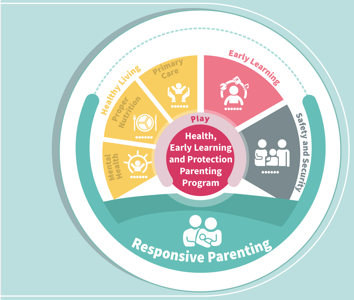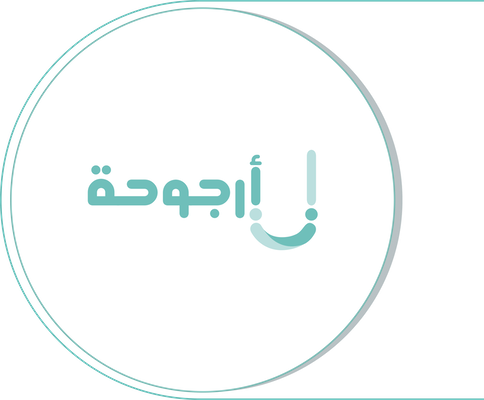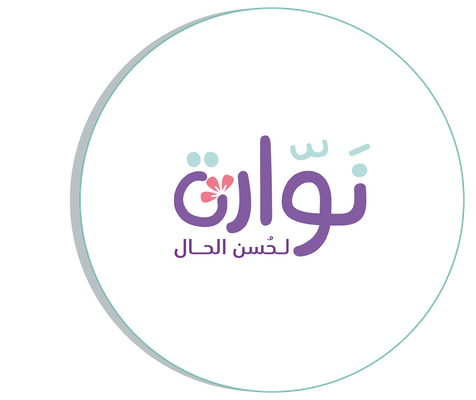We Communicate For Happy Children
ANECD was established as an initiative by the Arab Resource Collective (ARC) who works through its partners in Lebanon and the Arab world, works to produce knowledge; where in addition to producing resources such as training technical guides and specialised books, it conducts evidence research and designs and implements capacity-building programs for caregivers and workers in the fields of early childhood and mental health.
While ARC focuses on producing content on early childhood and mental health, piloting innovative approaches and methodologies for scientific evidence, and direct implementation based on the Holistic, Integrative, Inclusive, Participatory, and Empower- ing Approach, ANECD focuses on coordination, dissemination and distribution of evidence-based resources and programmes, advocacy and policy impact.
ARC now hosts ANECD in its office in Beirut, where they both work under the supervision of a management team and a technical support team that supports the programs and initiatives coordinators.
 Our Programs
Our Programs




“Urjouha” (Swing in Arabic) is an educational online platform launched to support Arabic speaking parents and caregivers from pregnancy until age eight and accompany them in their parenting journey. It creates its content exclusively in Arabic and produces it in visual, audio, and written forms. It shares its articles through its website and daily posts on social media platforms. It covers several topics intended to cover the most needs: pregnancy, breastfeeding, psychological health, physical health, nutrition, early learning, special learning needs, and responsive parenting.
Urjouha Library:
The Urjouha Library was launched through the Urjouha website in December 2023. It is an Arabic, free, and open-source library directed to parents. The Urjouha Library contains three main sections:
